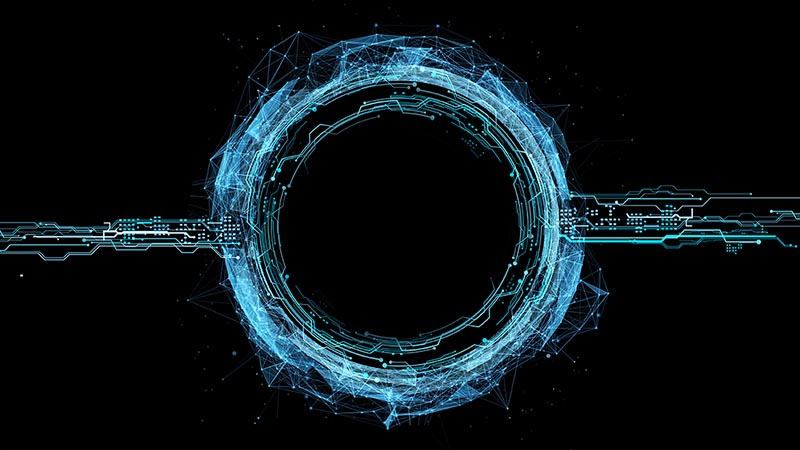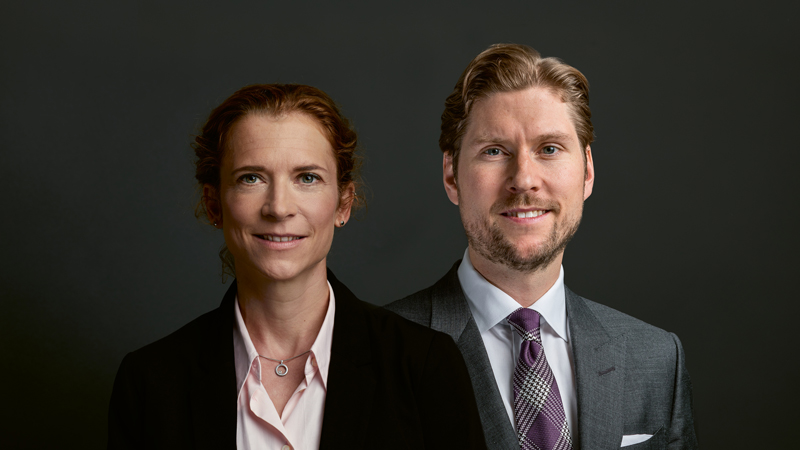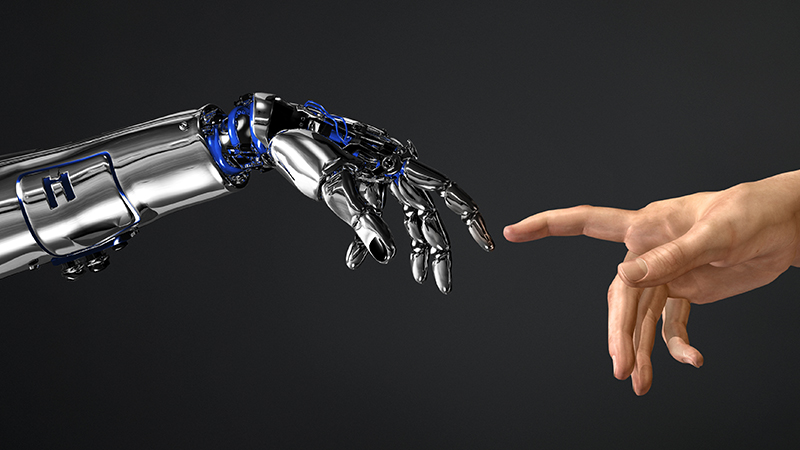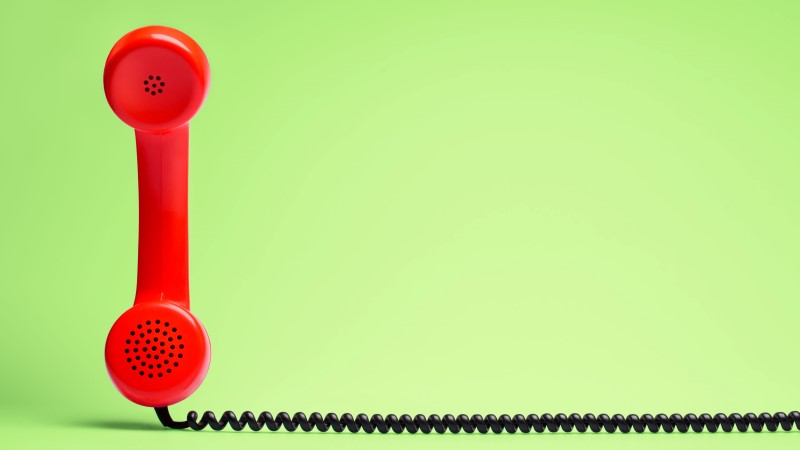Machine – power – morality: Why digitization requires ethics
An interview with Cornelia Diethelm, founder of the Centre for Digital Responsibility (CDR)
In the wake of digitization, society is reorganizing itself. But who knows where we're heading, when our data will soon be the new currency – and the tech companies our banks? In this video interview, Cornelia Diethelm pleads for a digital ethic that anticipates the opportunities and risks of digitization in good time.
Cornelia Diethelm in a video interview. In 2018, this thought leader initiated the first Swiss think tank for digital ethics. ©Video: Vontobel 2019
"We're amusing ourselves to death," Neil Postman once predicted, describing his discomfort with the overpowering force of television. That was in 1985, when the new TV entertainment formats began to proliferate. Today, television may have become a sideline, but once again we are feeling apprehension toward new technologies – and perhaps to an unprecedented degree, one of existential urgency: Will machines soon outstrip us humans? In our working lives? In our love lives?
Digital ethics can’t be quantified
New technologies create new possibilities. But the euphoria – and pessimism – associated with technology both blind us to the opportunities and risks that lie behind it. What does digitization have to offer society, and us as individuals? How can we ensure that innovations don’t boomerang on us? Even the best algorithms leave us in the lurch when it comes to this question.
In this video interview with Cornelia Diethelm, thought leader and founder of the Centre for Digital Responsibility (CDR), you will learn about what she would expect from a digital ethic, and why even Generation Z, the most digital of all generations, is not entirely comfortable thinking about the digital future.
About Cornelia Diethelm
Cornelia Diethelm studied politics, business administration and economics at the University of Bern, subsequently earning two additional master's degrees in corporate communications and digital business. In early 2018, she founded her own company, the Centre for Digital Responsibility (CDR), creating the first Swiss think tank for digital ethics.
Who are we? How do we live today? And how will digitization change our lives? How the future will unfold is preoccupying society more than ever, with engineers, doctors, politicians – each one of us, in fact – seeking answers. This interview with thought leader Cornelia Diethelm is one of many contributions that shed light on the theme “Digitized Society” from a new, inspiring perspective. We are publishing them here as part of our series “Impact”.








